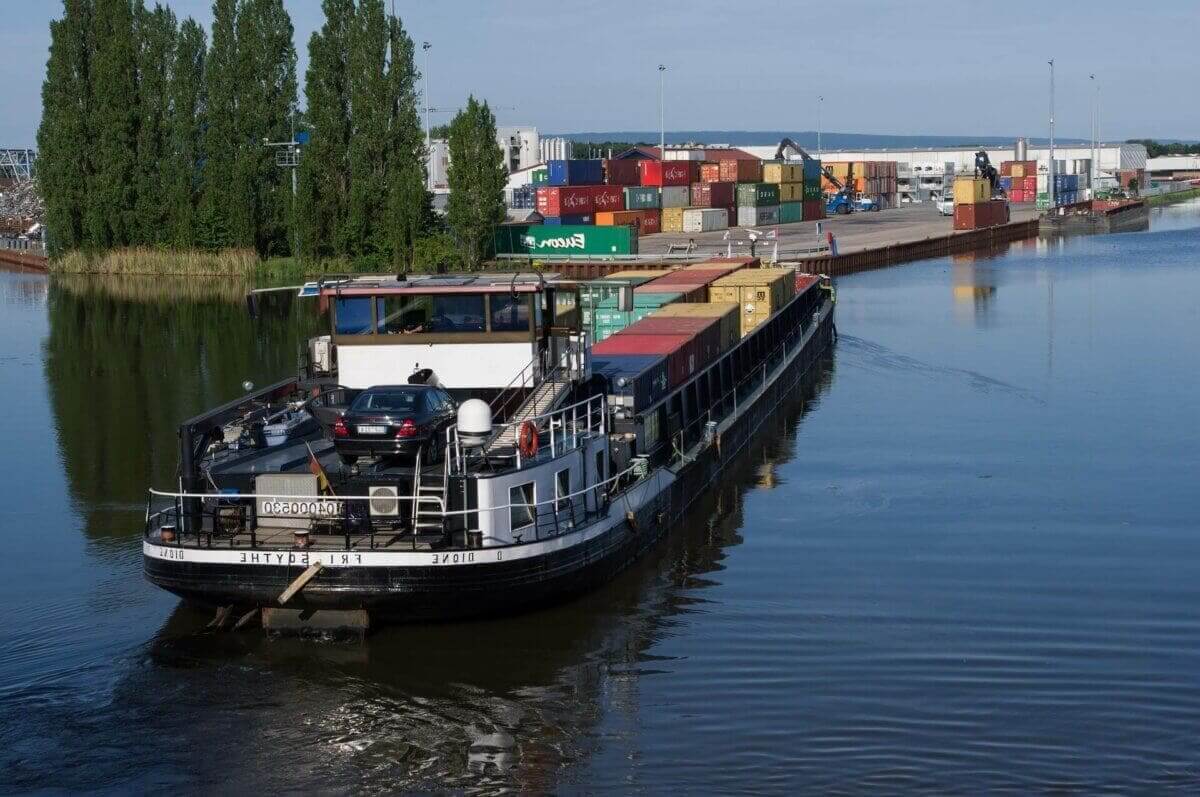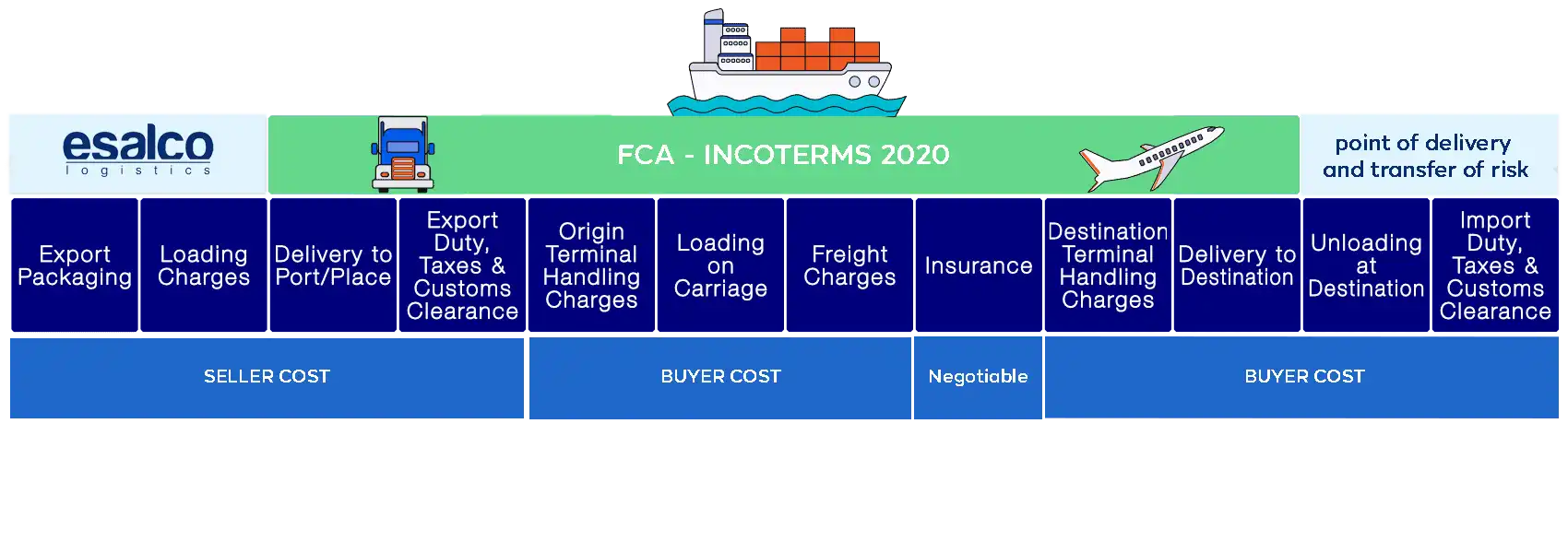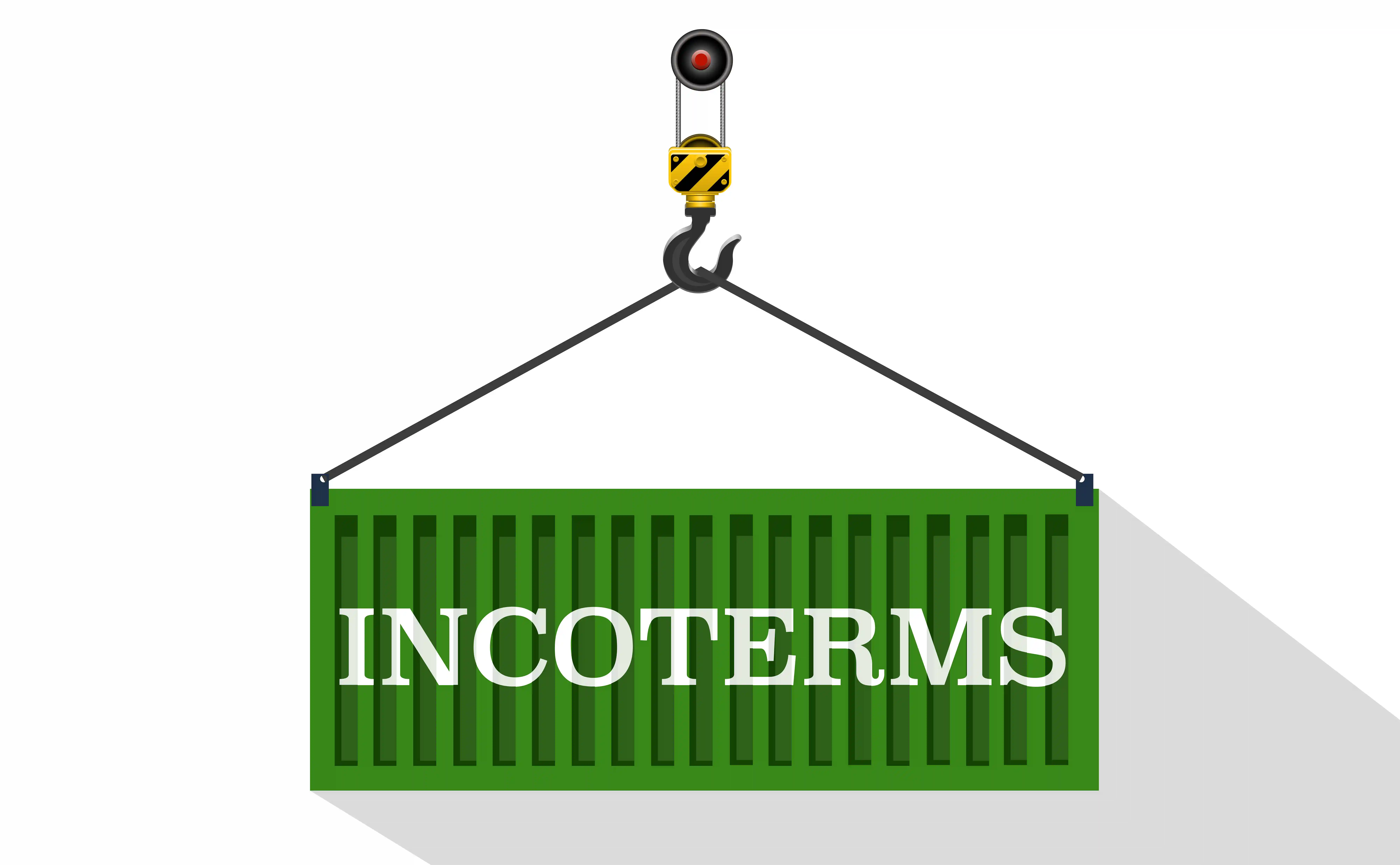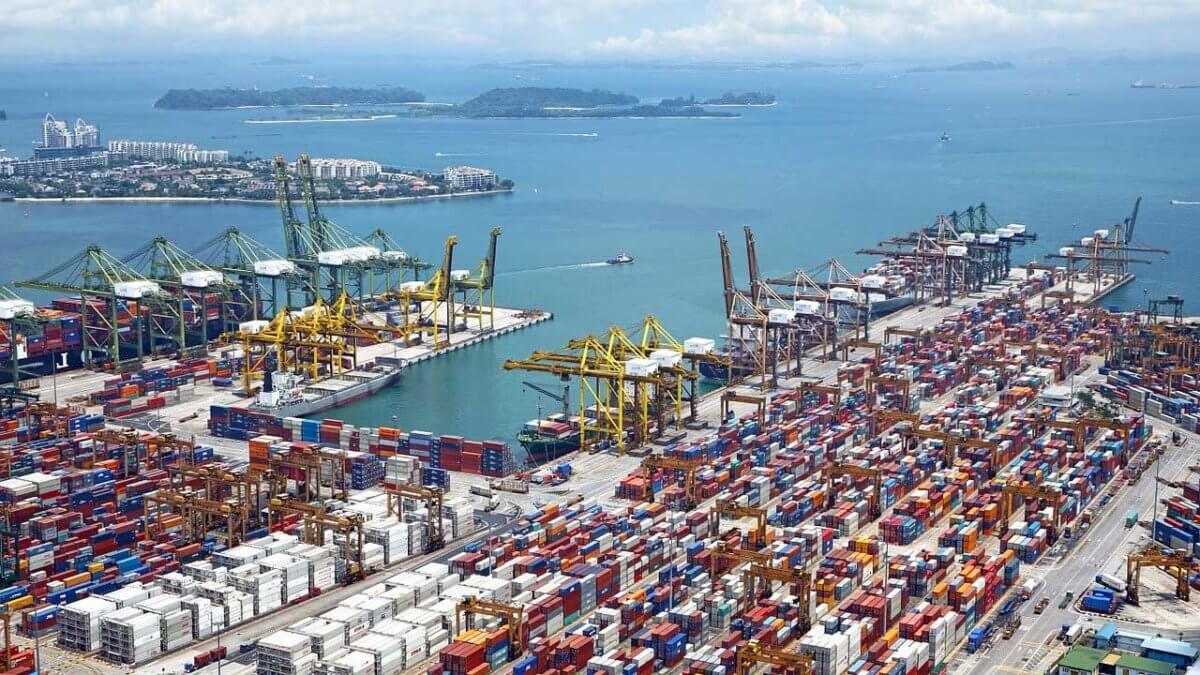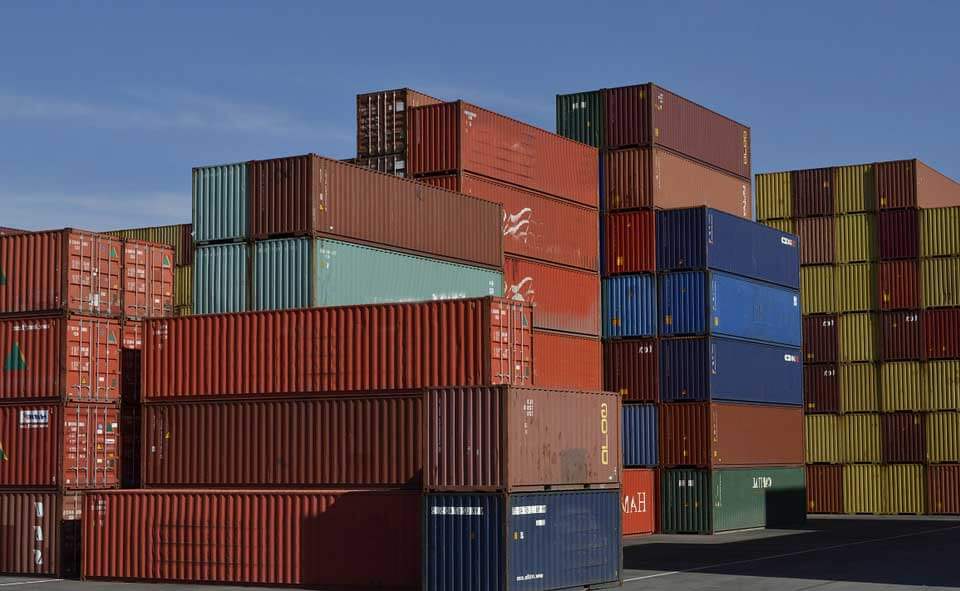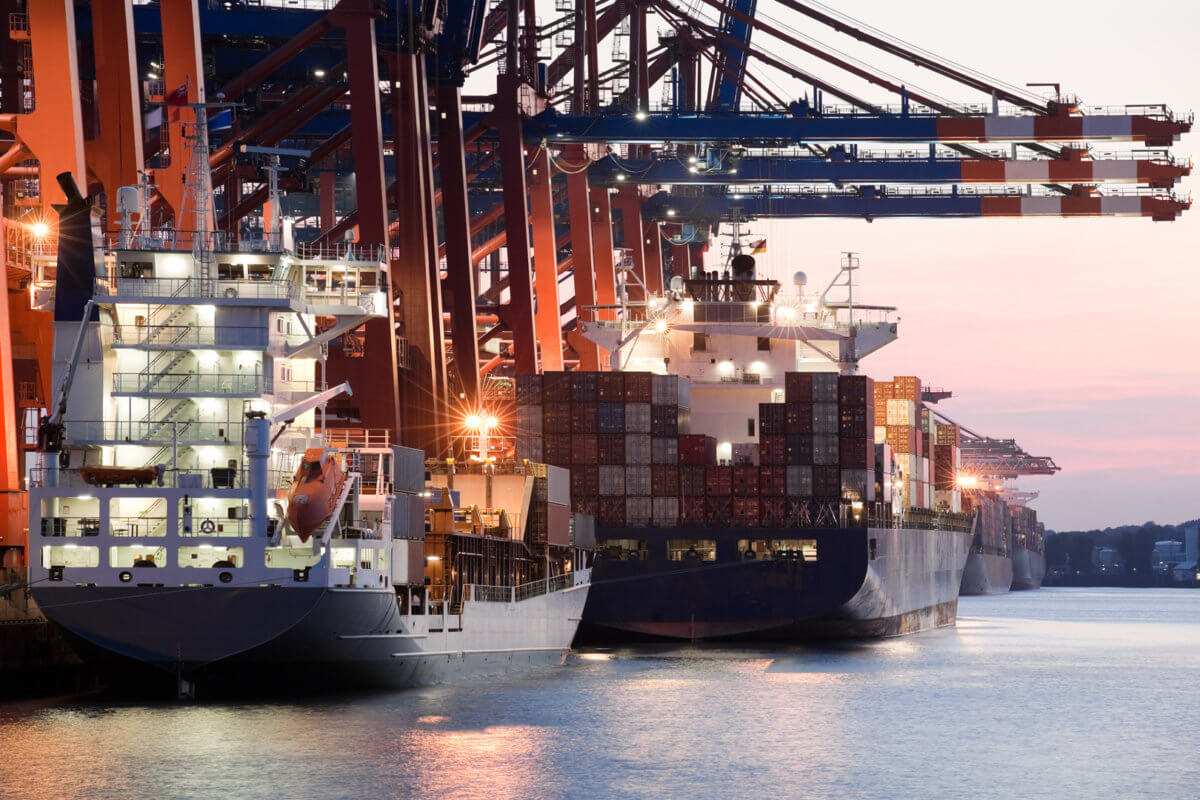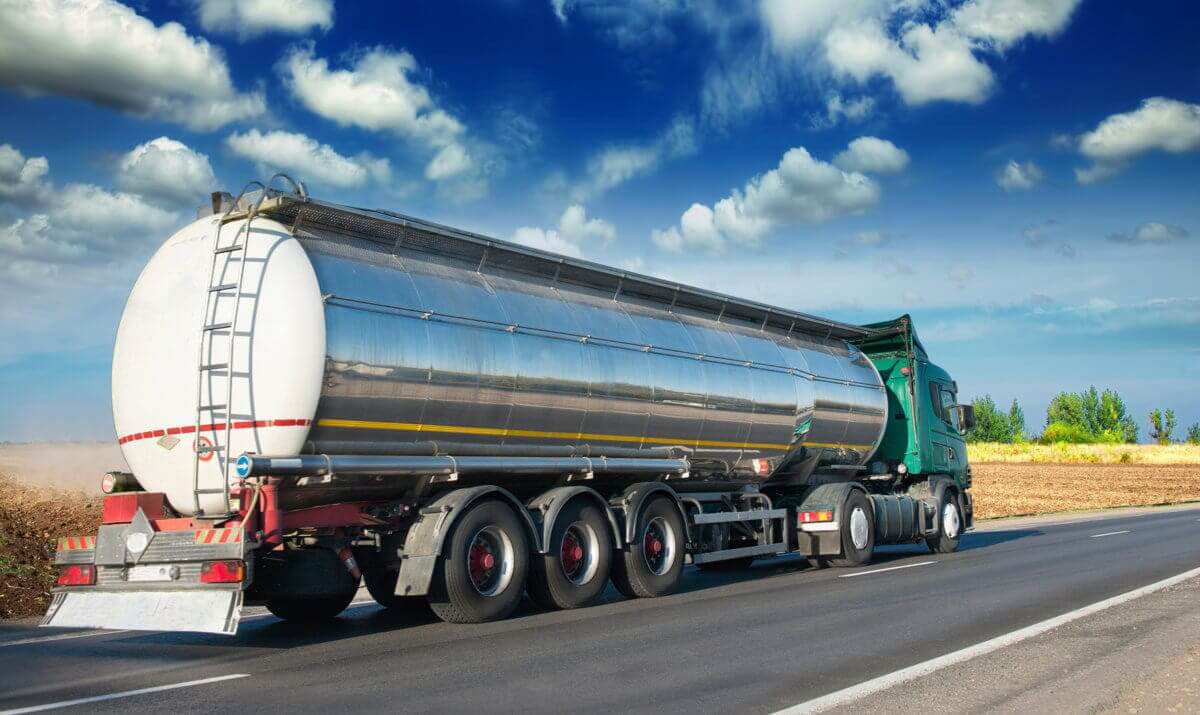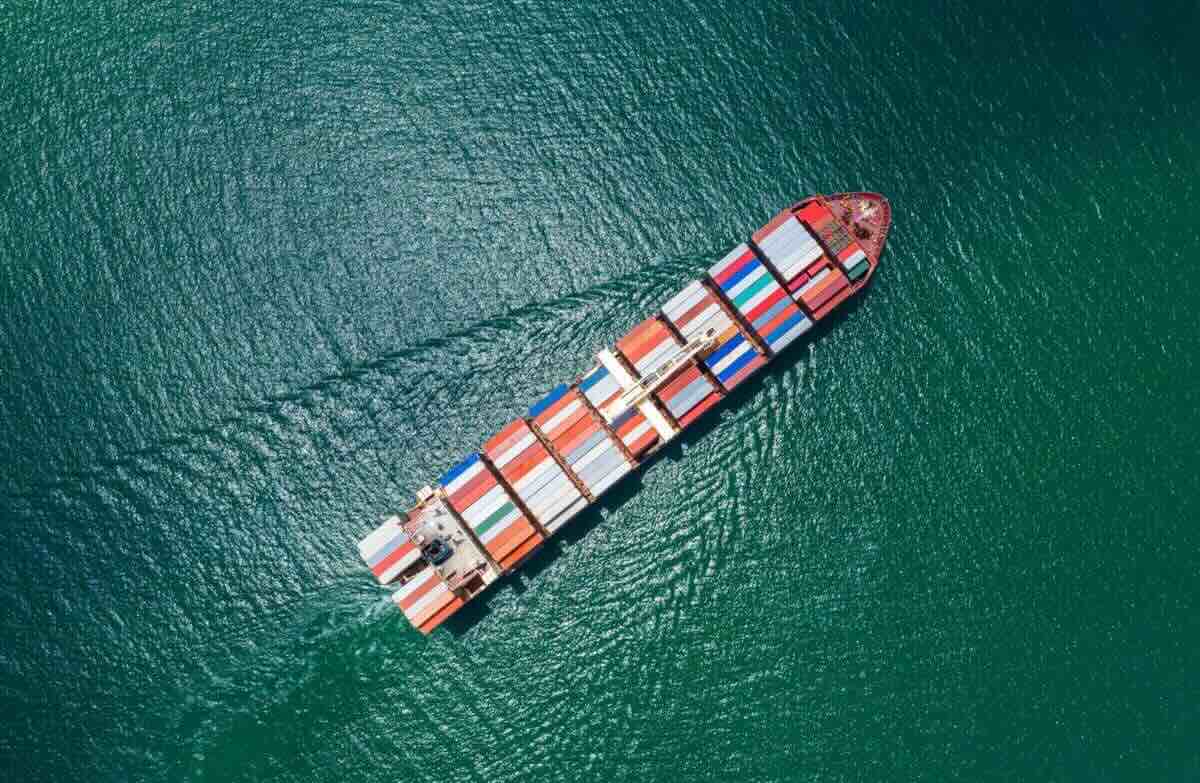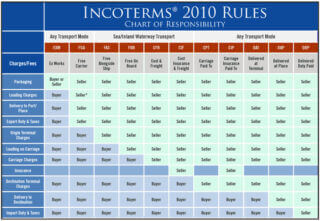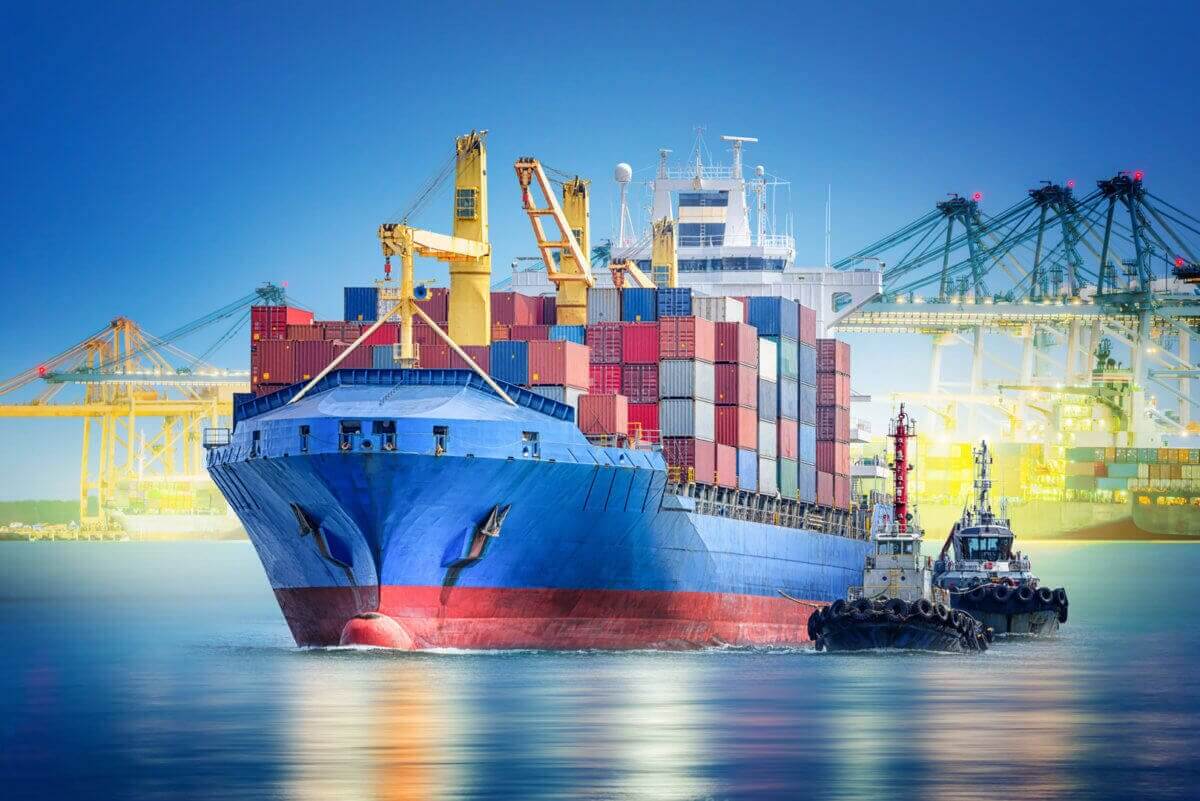With the increase in the world population, globalization and technological developments, the volume of international trade has grown and increased in importance compared to previous years. This situation has increased the importance of the rules for international trade, which should already be clear. It is essential to clarify issues such as where the goods considered within the scope of international trade will be delivered, who will bear the costs arising from this trade or how they will be shared between the parties, how the insurance and transportation contracts of the goods in question in the commercial activity will be made, before the parties involved in the trade.
In order to clearly outline these issues without causing any controversy, the ICC (International Chamber of Commerce) uses an internationally recognized list of rules, called INCOTERMS (International Commercial Terms), which sets out the obligations between the buyer and seller in commercial activities. First published by the ICC in 1936, INCOTERMS was last updated on January 1, 2020. The INCOTERMS provides us with the rules to be followed in international trade and provides guidance in the event of an impasse, but it is not an international law and compliance with the rules does not constitute a legal obligation. Of course, in all commercial activities, it is possible for the parties to the trade to regulate the commercial rules among themselves, independent of the ICC. However, the main purpose of the ICC is to provide a solid basis that can be referred to in banking transactions or mutually signed contracts needed in international trade. In this way, it is also to facilitate the resolution of disputes that may arise.
According to INCOTERMS published on January 1, 2020, there are 11 different modes of delivery defined in international trade. These modes of delivery are divided into rules covering all modes of transportation and rules covering only maritime and in-water transportation.
The rules and brief explanations covering all types of transportation are as follows:
- EXW (Ex Works): Delivery in a commercial enterprise
- FCA (Free Carrier): Delivery to the carrier at the designated place
- CPT (Carriage Paid To): Delivery with transportation fee paid
- CIP (Carriage and Insurance Paid To): Delivery with transportation and insurance paid
- DDP (Delivered Duty Paid): Delivery with customs duties paid
- DAP (Delivered at Place): Delivery at the designated point
- DAT (Delivered at Terminal): Delivery at the terminal
The rules used in maritime transportation and inland waterway and their brief explanations are as follows:
- FAS (Free Alongside Ship): Delivery alongside the ship
- FOB (Free on Board): Delivery on board the ship
- CFR (Cost and Freight): Freight paid delivery
- CIF (Cost, Insurance, Freight): Delivery with insurance, expenses and freight paid.
The part of INCOTERMS rules that is the subject of this article is Free Carrier, abbreviated as FCA. In the Free Carrier form of delivery, the seller, who is the exporter, completes all customs procedures and delivers the goods to the first carrier at the predetermined date and place, thereby fulfilling its part of the responsibility. Upon delivery, all responsibility and risk for the goods is transferred to the buyer. From this moment on, all costs related to the goods, insurance, agency and freight expenses are now the responsibility of the buyer.
Basic Responsibilities of the Seller in FCA: The seller prepares the goods according to the terms of the mutually signed contract, issues all documents to be requested in the country where it is located and pays the customs costs of the goods. The Seller delivers the ready goods on the predetermined date to the predetermined point. Until the delivery takes place, all costs and all possible risks belong to the seller. After delivery, all responsibility passes to the buyer.
Basic Responsibilities of the Buyer in FCA: The buyer pays the full price of the goods in accordance with the contract signed with the seller. It obtains all the necessary permits and collects all the documents required for importation and pays the customs duties and other costs to which the goods are subject. By making an agreement with the logistics company, it covers the freight cost of the goods. Then, it receives the goods at the predetermined place and date in accordance with the contract. In this way, it takes over all responsibility and risks related to the goods from the seller.
After this stage, the buyer makes an agreement with a logistics company for the transportation of its goods. Considering the type of goods, the destination and other factors, the logistics planning of the goods is carried out using one or more of the following logistics services: air transportation, road transportation, maritime transportation, river or railway logistics services. The buyer company makes an agreement with a logistics company that can manage this entire logistics process.
Main Responsibilities of the Logistics Company in FCA: In the FCA mode of delivery, the responsibility of the company that will manage the logistics processes starts in a limited way with the receipt of the goods from the designated location. There may be a contract between the logistics management company and the seller. After the logistics company receives the goods from the designated location, it collects all costs, insurance, agency fees and freight expenses from the buyer.


